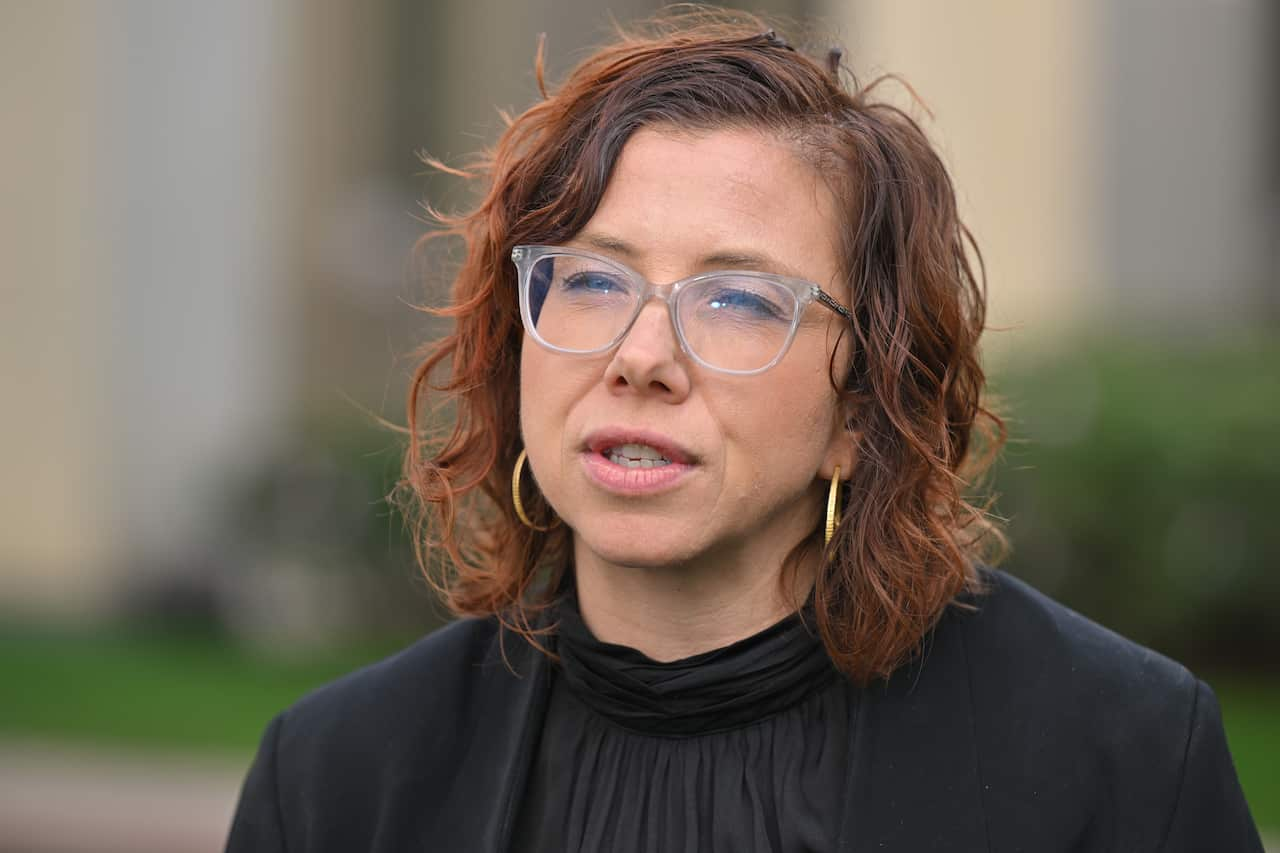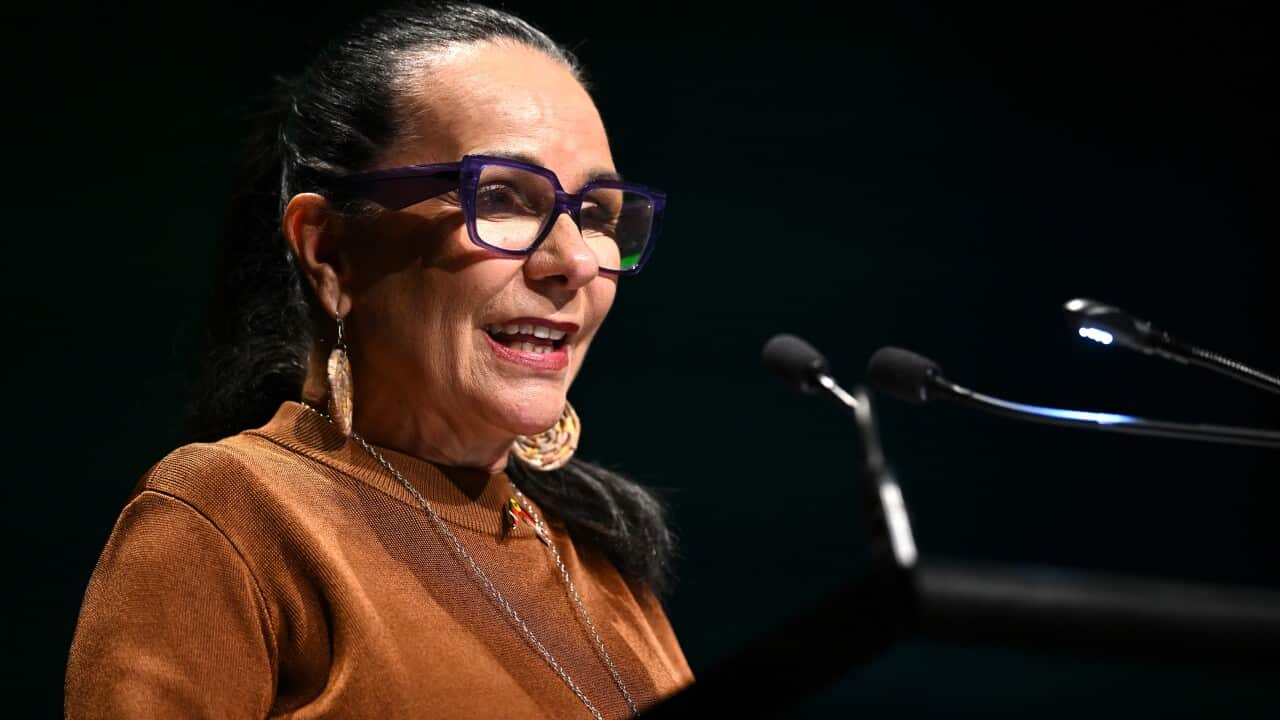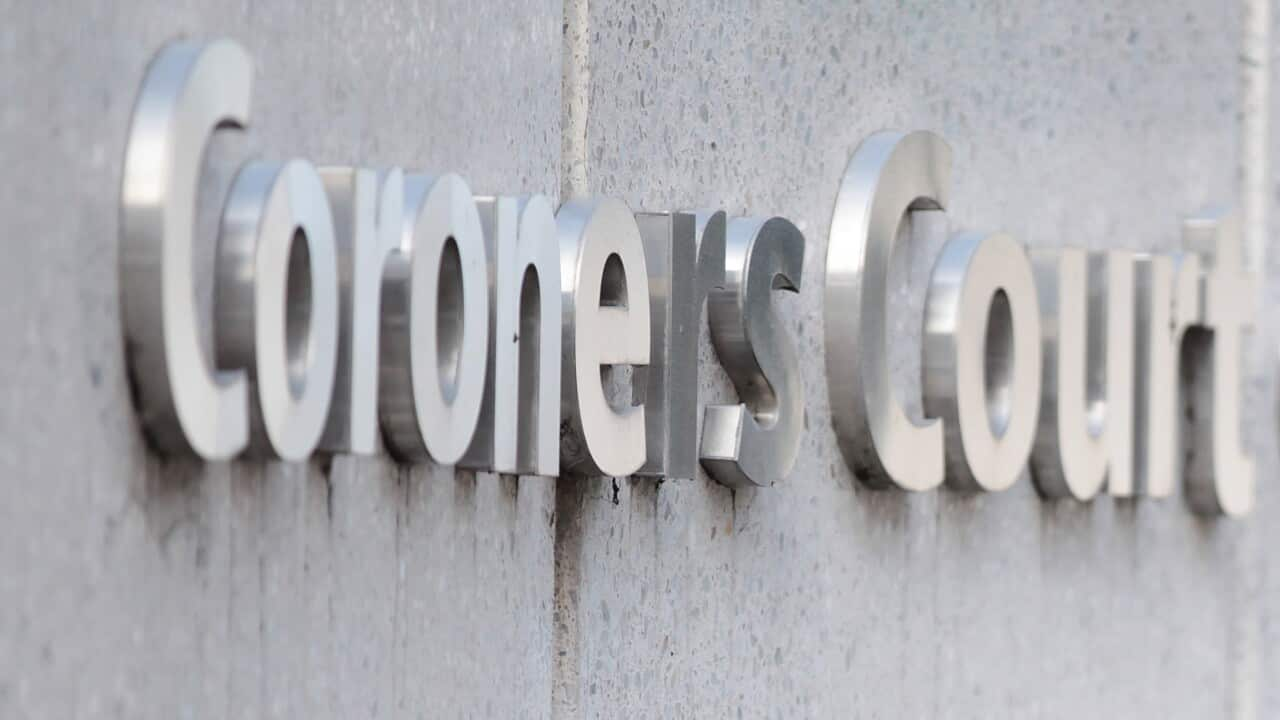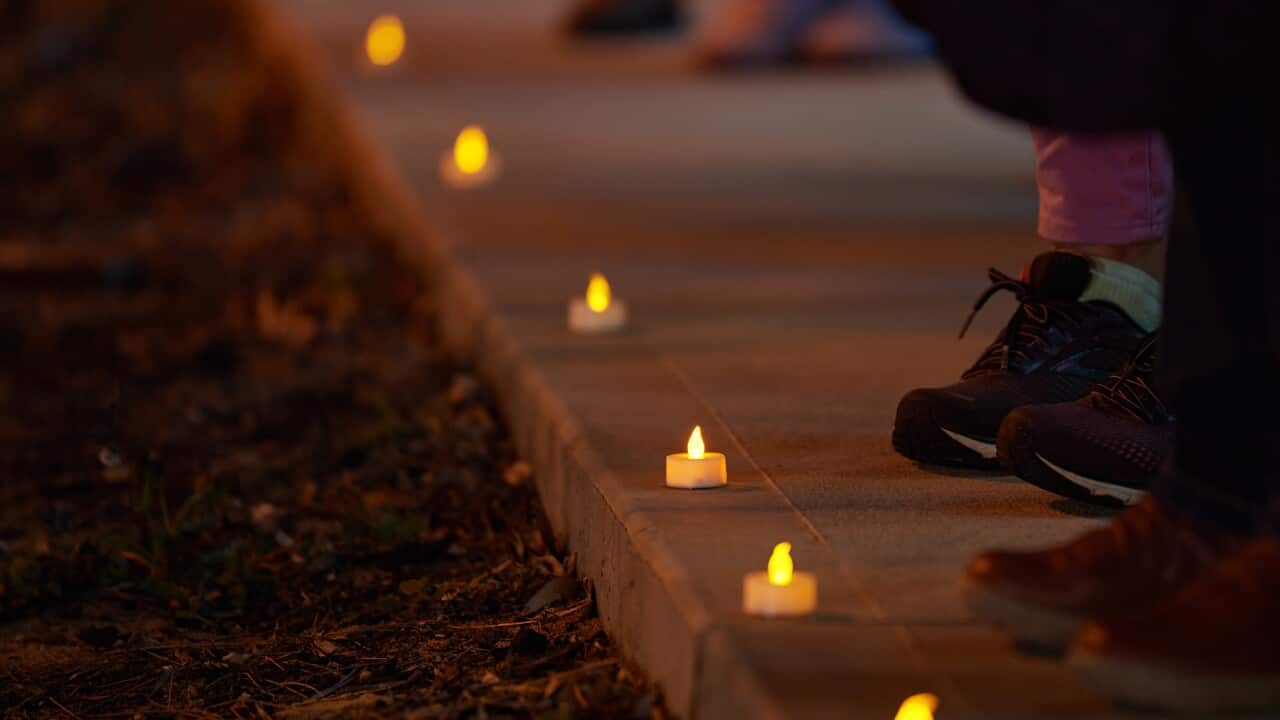Warning: this article discusses distressing themes, including violence towards women.
The federal government has released a dedicated action plan to reduce domestic, sexual and family violence against Aboriginal and Torres Strait Islander women and children.
It seeks to acknowledge the disproportionate effect of violence on First Nations women and children, and address the underlying causes of said violence, the government said.
The plan is one of two that will inform the government's National Plan to End Violence against Women and Children, which is released every decade. The current plan will be in place until 2032.
Minister for Indigenous Australians Linda Burney hailed the plan as a groundbreaking new development.
“This plan is a first for our country and has been developed by listening and working with First Nations people," said
"We know that listening is the key to developing better policies and programs and delivering better outcomes."

Minister for Social Services Amanda Rishworth announced the two action plans today. Source: AAP / Mick Tsikas/AAP Image
Resources, support for victims, and more education
The Safe and Supported: Aboriginal and Torres Strait Islander First Action Plan was developed in partnership with an Aboriginal and Torres Strait Islander leadership group set up by the first national framework.
Minister for Social Services Amanda Rishworth also acknowledged the work of state, territory and commonwealth governments in working to create the action plans.
“These Action Plans, and the important Outcomes Framework, bring us closer to achieving our goal to end violence against women and children and to creating real, lasting change," she said.
“No woman or child should live in fear from violence. No woman or child should have their lives terrorised by someone who professed to love and care for them. No woman or child should have their lives ended prematurely due to that violence.”
According to femicide researcher Sherele Moody, 44 women have been killed by violence this year alone. There have been 33 weeks this year.
The intentions outlined in the two released action plans include: the creation of resources around coercive control and tech-facilitated abuse; increased support to trauma-informed services and investment in new recovery models for victim-survivors; the establishment of an Aboriginal and Torres Strait Islander Men's Advisory Body; increased education and training on domestic, family and sexual violence; and delivering support services in prisons.
The action plans will sit within the decade-long National Plan, and aim to support its success by tracking and reporting policy progress.
Assistant Minister for the Prevention of Family Violence Justine Elliot said this would mean governments are able to "deliver tailored resources, services and support".
“By working closely with victim-survivors, the sector, community leaders, business, and industry, and the states and territories - we can pave the way to a country free from fear and violence,” she said.
Only Aboriginal-led plan will bring 'real change': advocate
Djirra CEO Antoinette Braybrook has worked at the frontline of women's safety for over 20 years and welcomed the new action plan.
However she said more was needed.
"What we need most is a standalone national plan. Meaningful change for our women will come from a self-determined, Aboriginal-led standalone plan, not one that is an add on to a mainstream approach," he said.
“While today’s release represents progress, we await the standalone plan to bring real change."
Ms Braybrook said she was "disappointed" that the plan did not commit to an "increase in funding for Aboriginal Family Violence Prevention and Legal Services.

Kuku Yalanji woman Antoinette Braybrook has been involved in primary prevention for over two decades. Source: Supplied
"We know that for approximately 80 per cent of Djirra’s clients, the perpetrator of violence is not Aboriginal," she said.
Ms Braybrook said the "epidemic of violence against women in this country is a national shame".
“This is a gendered problem, not an Aboriginal community problem. It is faced by Aboriginal and Torres Strait Islander women who live right across the country, in urban, regional and remote areas," she said.
"Services must be provided to all Aboriginal and Torres Strait Islander women no matter where we live."
13YARN 13 92 76
Aboriginal Counselling Services 0410 539 905
1800 RESPECT (1800 737 732)
Lifeline 13 11 14













